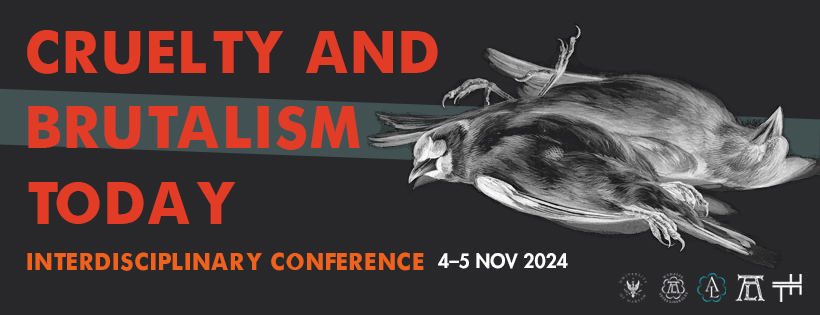Nikolai Kostin
(Pontifical University of John Paul II in Krakow)
Abstract:
The close relationship between violence and technology is a popular theme in many contemporary discourses, whether philosophical, sociological or political science. Violence begets violence, but it is often technology that acts as a tool of brutality. In this article, we will rely on an understanding of technology as ‘techne’, i.e. as a philosophical category, separating the concepts of ‘technicality’ and ‘technology’ from it.
When we speak of ‘techne’, we emphasise its anthropological character – on the one hand, it is something separate from man, outside of him, something that mediates the dialogue between the individual and the world, something created by man. On the other hand, it is something that is deeply immersed in man, is an important part of him, has a special closeness to man and is therefore hidden from him. How, then, are violence and technology related to the individual?
To answer this question, we can synthesise the ideas of two very different thinkers, Lev Karsawin (a 20th century Russian and Lithuanian philosopher) and Yuk Hui (a contemporary Hong Kong philosopher and technology theorist). Despite their seemingly vast difference, one can imagine a synthesis of their concepts: ‘Karsawin’s ‘pulsating personality’ and Hui’s ‘techne as cosmotechnics’. The dynamic understanding of personal structure (Karsawin) allows us to understand the locality and regionality of techne (Hui). Moreover, thanks to the locality and anthropological character of ‘techne’, we can realise that it is directly related to the philosophy of personhood.
How to think of the Other? – To stop thinking of him through correlation and leave him to his anonymous entity. And it is through knowledge and technology that violence occurs, what Karsawin calls the ‘extinction of thinking’ (brutalism). How does the ‘extinction of thinking’ relate to an understanding of ‘techne’? – To this question, the paper assumes a combination of the above two concepts as a preliminary answer.
Bio:
Nikolai Kostin is a doctoral student at the Pontifical University of John Paul II in Krakow, Poland (Faculty of Philosophy). Doctoral thesis focus on the philosophical ideas of Knorozov, a well-known Maya language researcher, anthropologist, historian, linguist and semiotician. While the figure of Knorozov is not well-known in the field of philosophy, the main focus of the thesis is to identify, systematise and investigate the context of the scholar’s theoretical concepts.
His academic interests include Russian philosophy of the late period (20th century) – especially understudied researchers. Philosophical anthropology, philosophy of language, theory of the collective.
